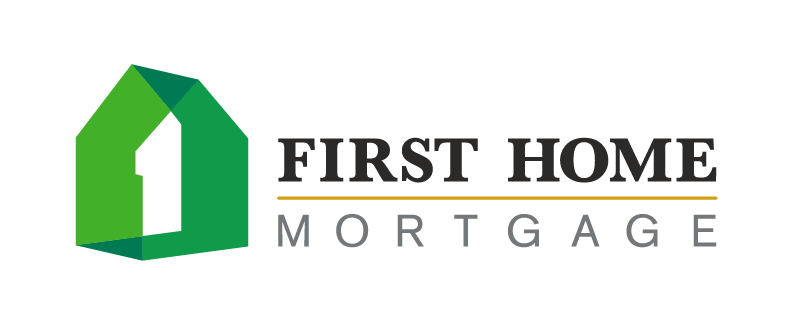When mortgage rates hit near record lows, many people turn their thoughts towards refinancing to take advantage of these better rates. Yet if you are self-employed, the path to mortgage approval is a bit more challenging. Lenders know the risks of self-employed individuals because it takes just one bad quarter for your business to fold, and they tend to look a bit more stringently at these borrowers. Thankfully, there are steps you can take to improve your chances of approval if you decide that it’s time to refinance, even if you are self-employed. Consider these strategies.
Have Plenty of Income Proof
Because your income is not coming from an employer who issues paycheck stubs or W-2s, you may need additional documentation. Bank statements and tax documents from at least two years prior are good ways to prove that your self-employment income is what you say it is. Be prepared with additional documentation if you are asked for it.
Keep Cash in Reserve
Another thing lenders like to see with self-employed borrowers is cash reserve. Having some money in the bank that you can turn to if your business has a slow period will show that you are at a healthier risk. Remember, your lender wants to know that you can pay your mortgage as agreed upon every month, and being self-employed makes that a riskier proposition in the eyes of a lender. Your cash reserves make them feel a little safer about you.
Prepare a Larger Down Payment
The larger a down payment, the better your chances are of getting approved for a loan. This shows that you have equity to put into the property. When refinancing, the equity and down payment can come from the equity you’ve already built up in the home, rather than a large cash down payment, but being able to borrow 80% or less of the home’s actual value will put you in better standing with your lender.
Work on Your Personal Credit Score
A high credit score goes a long way when it comes to refinancing. If you have credit score problems, take some time to work them out. You’ll be rewarded with easier pre-qualification and loan approval when you’re ready to refinance your loan.
As you work on your credit score, consider your consumer debts. If you have a large number of them, you can do yourself a favor and pay them down before trying to refinance your mortgage. Since self-employed borrowers have a more difficult task getting a mortgage, paying down your debts will only serve to help during the pre-qualification.
You can get pre-qualified for a mortgage as a self-employed individual. You will need to have good documentation and a strong credit score, but if refinancing your mortgage would be advantageous, don’t let the fact that you’re self-employed hold you back.


